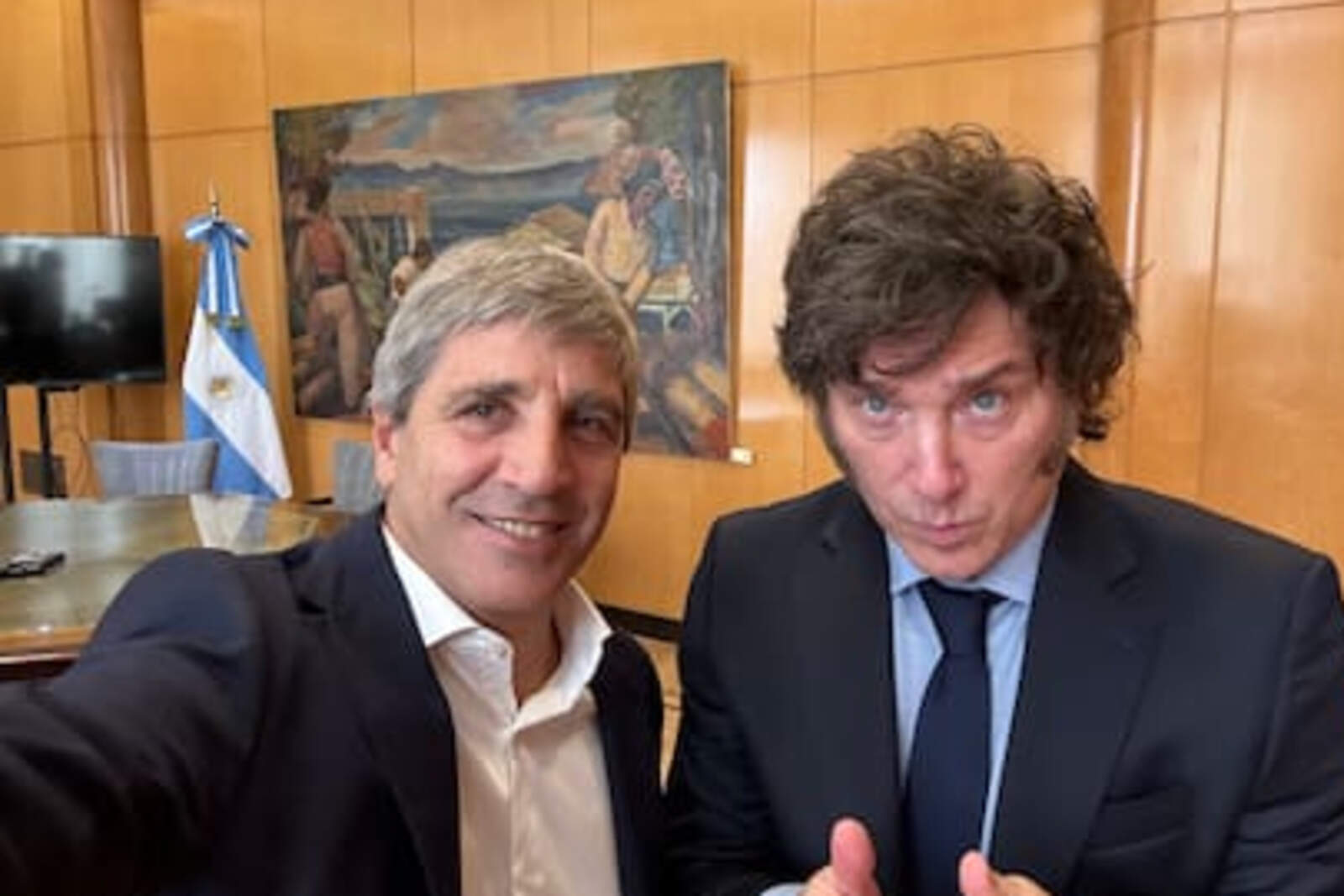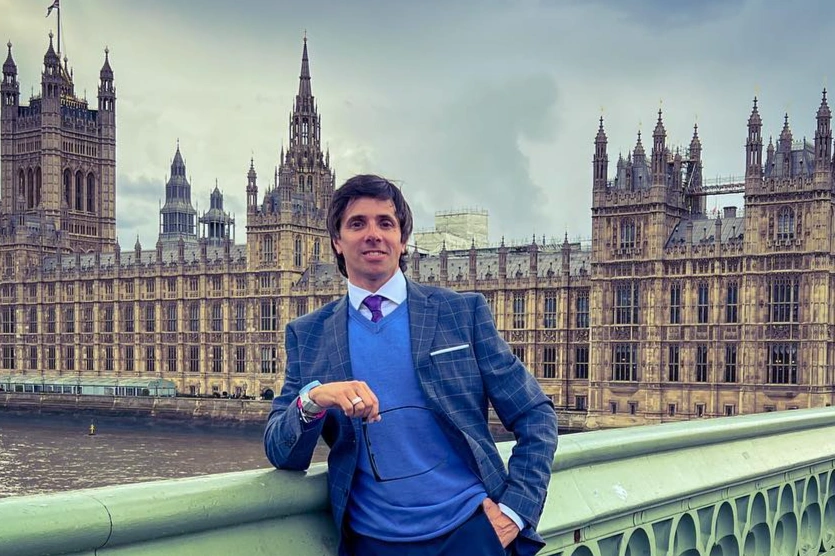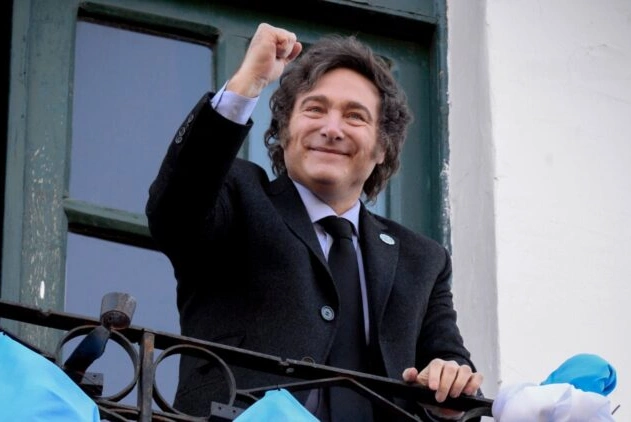President Javier Milei and Economy Minister Luis Caputo announced that the Government's economic priority is to accelerate the so-called "retail endogenous dollarization," with the aim of facilitating the circulation of dollars that Argentines have outside the system.
Within the framework of the 11th Latam Economic Forum in Parque Norte, the president and the head of the Ministry of Economy reaffirmed their commitment to this strategy, which seeks to boost consumption and encourage credit, according to Infobae's reconstruction.
A "bottom-up" dollarization
The concept of "retail dollarization" emerged from a businessman who, during the event, interpreted the official plans as an attempt to "dollarize from the bottom up," that is, from the common citizen. "The big players will wait for a bit more legal security," he explained, reflecting a view shared by the business community.
The Ministry of Economy confirmed that they are working on a decree aimed at easing controls on the use of undeclared dollars, as long as they have a specific consumption destination. It won't be a classic amnesty, as there will be no declaration or deposit regime for dollars. The idea is to reduce the information requirement for these cases.
What legal margin the Government has
There are two regulatory frameworks that limit these initiatives: the criminal tax law and the exchange law, which can only be modified via Congress. Therefore, the Executive is considering other alternatives, such as reducing the rigor in ARCA's reporting regimes or instructing the Central Bank and the tax authorities not to report minor operations.








